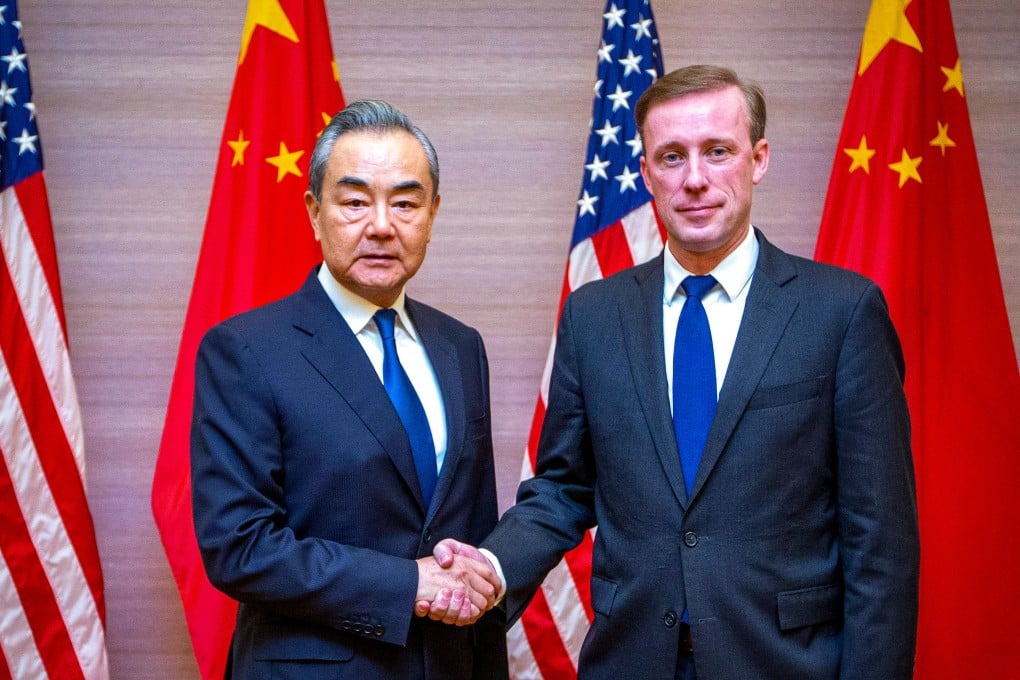My Take | Although China and US made no real gains in Bangkok, maybe talking about the relationship is the relationship
- Jake Sullivan says: ‘Our strategy was to use those meetings to open up a two-way flow of exchanges, and that’s exactly what happened’
- While Biden needs to stabilise ties with China in the face of a tough re-election race and diplomatic troubles, Beijing is also struggling to deal with woes at home

The rival powers even used similar words – “candid” and “substantive” – to describe the pair’s marathon talks that spanned 12 hours over two days, indicating the scope of the topics discussed as well as the depth of their disagreements.
But questions have arisen, inevitably, on both sides about the point of such dialogue in the absence of clear progress on thorny bilateral issues and transnational challenges, ranging from Taiwan and the South China Sea to the Red Sea crisis and North Korea.
In fact, US President Joe Biden has often been criticised by China hawks in Washington over his alleged “zombie engagement” with Beijing after high-level contact was suspended following Washington’s downing of an alleged Chinese spy balloon a year ago.
“Critics said at the time that this travel was one-sided, but our strategy was to use those meetings to open up a two-way flow of exchanges, and that’s exactly what happened,” he said. “And we’re definitely not interested in dialogue just for dialogue’s sake.”

